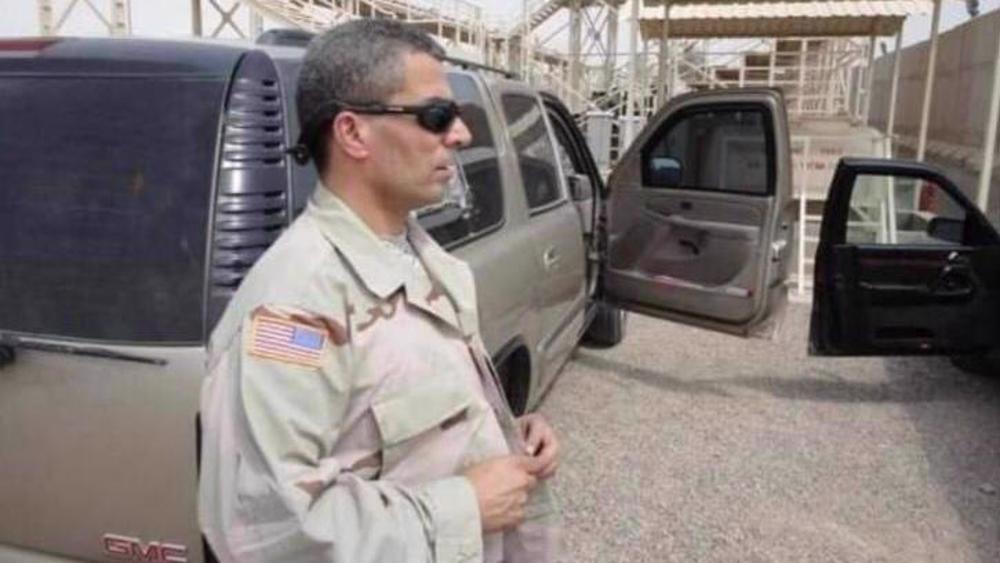The secretary general of Lebanon’s Hezbollah resistance movement says the Israeli regime will not be allowed to conduct drilling operations for oil and natural gas in the disputed area in the Mediterranean Sea until the Arab country gets what it deserves.
“Lebanon is facing a historic and golden opportunity to get out of its financial crisis. If we fail to take advantage of it, we would not be able to extract oil within the next 100 years. We are not looking for moral gains out of extraction in the Karish natural gas field. We rather want to tap into our oil reserves. There would, therefore, be no room for oil or gas extraction in the entire region if Lebanon does not get its right,” Sayyed Hassan Nasrallah
addressed a group of Shia Muslim preachers and scholars in the Lebanese capital city of Beirut on Tuesday.
He said the issue is of greater importance today, as it comes in light of Europe’s need for oil and gas amid the ongoing military conflict in Ukraine and Russia's move to stop sending gas to several European countries.
The Hezbollah chief went on to stress that Lebanon does not want a war, but will not permit the Israeli regime to violate its inalienable rights.
“We would not like to cause a new military confrontation. We are only demanding our rights. We are pushing up the costs for Americans and Israelis in order to force them into surrender, because Lebanon is on the path to collapse,” Nasrallah warned.
Nasrallah highlighted that Amos Hochstein, the US mediator for indirect talks on border demarcation between Lebanon and Israel, has not yet come up with an initiative.
“Even though Lebanon has offered great concessions, it has not achieved anything tangible yet,” the Hezbollah leader said.
Earlier this month, Nasrallah said Hezbollah would not remain “silent” in the face of the Israeli regime’s efforts to plunder Lebanon’s maritime energy resources.
He made the remarks on June 9 after a vessel operated by a Greek company arrived at the Karish gas field in the eastern Mediterranean to extract gas for the occupying regime.
“The resistance cannot stay silent in the face of plunder of Lebanon’s resources. The resistance’s essential duty is to protect Lebanon’s land, waters, oil, gas, and dignity,” Nasrallah said, adding, “All options are on the table for the resistance [towards enabling such protection].”
“The enemy does not recognize the international law and resolutions,” he said, stressing that it was not the international regulations but actually “pressure, war of attrition, and resistance” that forced the occupying enemy to retreat from southern Lebanon and the Palestinian enclave of the Gaza Strip.
Lebanese politicians hope that commercially viable hydrocarbon resources off Lebanon’s coast could help the debt-ridden country out of its worst economic crisis in decades.
In February 2018, Lebanon signed its first contract for drilling in two blocks in the Mediterranean with a consortium comprising energy giants Total, Eni, and Novatek.
Lebanon and Israel took part in indirect talks to discuss demarcation in 2020. But the talks stalled after Lebanon demanded a larger area, including part of the Karish gas field, where Israel has given exploration rights to a Greek firm.
The talks were supposed to discuss a Lebanese demand for 860 square kilometers (330 square miles) of territory in the disputed maritime area, according to a map sent to the United Nations in 2011.
However, Lebanon then said the map was based on erroneous calculations and demanded 1,430 square kilometers (552 square miles) more further south, including part of Karish.

platosguns.com





